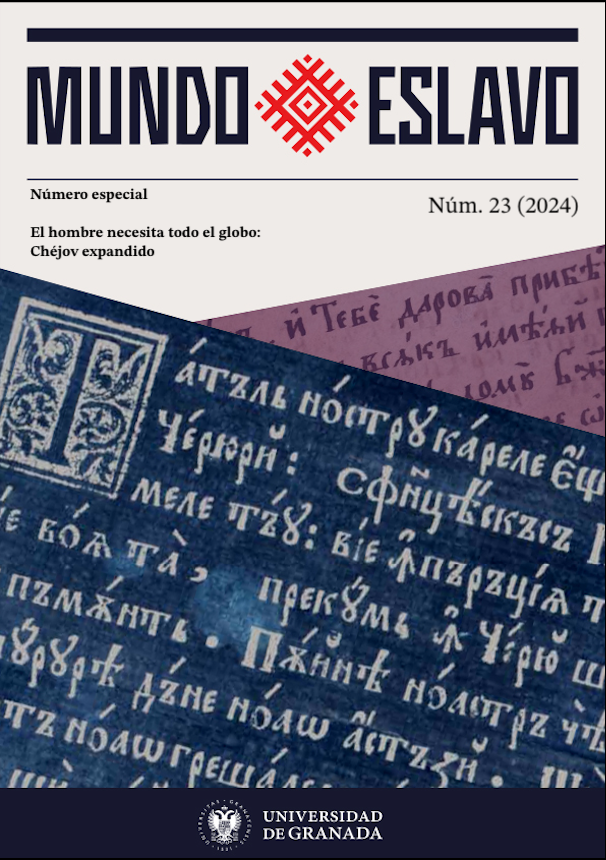Reading The Memoir of a Clairvoyant (1976): Divination, Censorship, and the Past in Late Socialist Poland
DOI:
https://doi.org/10.30827/meslav.23.28790Resumen
Józef Marcinkowski (1905-1982), alias Akhara Yussuf Mustafa, fue un adivino y clarividente polaco. Comenzó su carrera en la primera mitad de la década de 1930, ganando fama en el ambiente esotérico de Varsovia. Durante la Segunda Guerra Mundial fue prisionero en los campos de exterminio de Dachau y Bergen-Belsen. Describió sus experiencias en Las memorias de un clarividente [Pamiętnik jasnowidza], publicado por primera vez en 1976 y de nuevo en 1985 con una impresionante tirada de doscientos mil ejemplares. El manuscrito fue controlado por la Oficina Principal de Control de Prensa, Publicaciones y Espectáculos Públicos. Sin embargo, los comentarios de los censores no se referían a aspectos sobrenaturales, sino a las persecuciones comunistas en el periodo de Stalin, así como a algunos sucesos ocurridos en el campo de concentración de Bergen-Belsen. El propósito de este artículo es analizar Las memorias, presentar el texto y la vida de Mustafá con el trasfondo de los documentos autobiográficos de otros adivinos y clarividentes activos en la Polonia socialista tardía, y la reacción de los censores ante el libro de Mustafá. La primera parte del artículo esboza los principales hechos de la biografía de Mustafá y analiza los rasgos más característicos de Las memorias. La segunda parte se centra en el contexto sociocultural del texto, especialmente en la actitud del público hacia los fenómenos paranormales, basándose en artículos de prensa y relatos autobiográficos de otros psíquicos, mientras que la tercera examina la opinión de la censura desde la perspectiva de la política comunista de la memoria.
Descargas
Descargas
Publicado
Cómo citar
Número
Sección
Licencia
Derechos de autor 2024 Mundo Eslavo

Esta obra está bajo una licencia internacional Creative Commons Atribución-NoComercial-CompartirIgual 4.0.
Los autores conservan los derechos de autor sobre sus trabajos y garantizan a la revista el derecho de ser la primera publicación del mismo. Los artículos se publican bajo la licencia Creative Commons Atribución-NoComercial 4.0 Internacional (CC BY-NC-SA 4.0), lo que permite a los lectores y otros investigadores copiar, redistribuir, remezclar, transformar y construir a partir del material, siempre que se respeten las condiciones establecidas.













